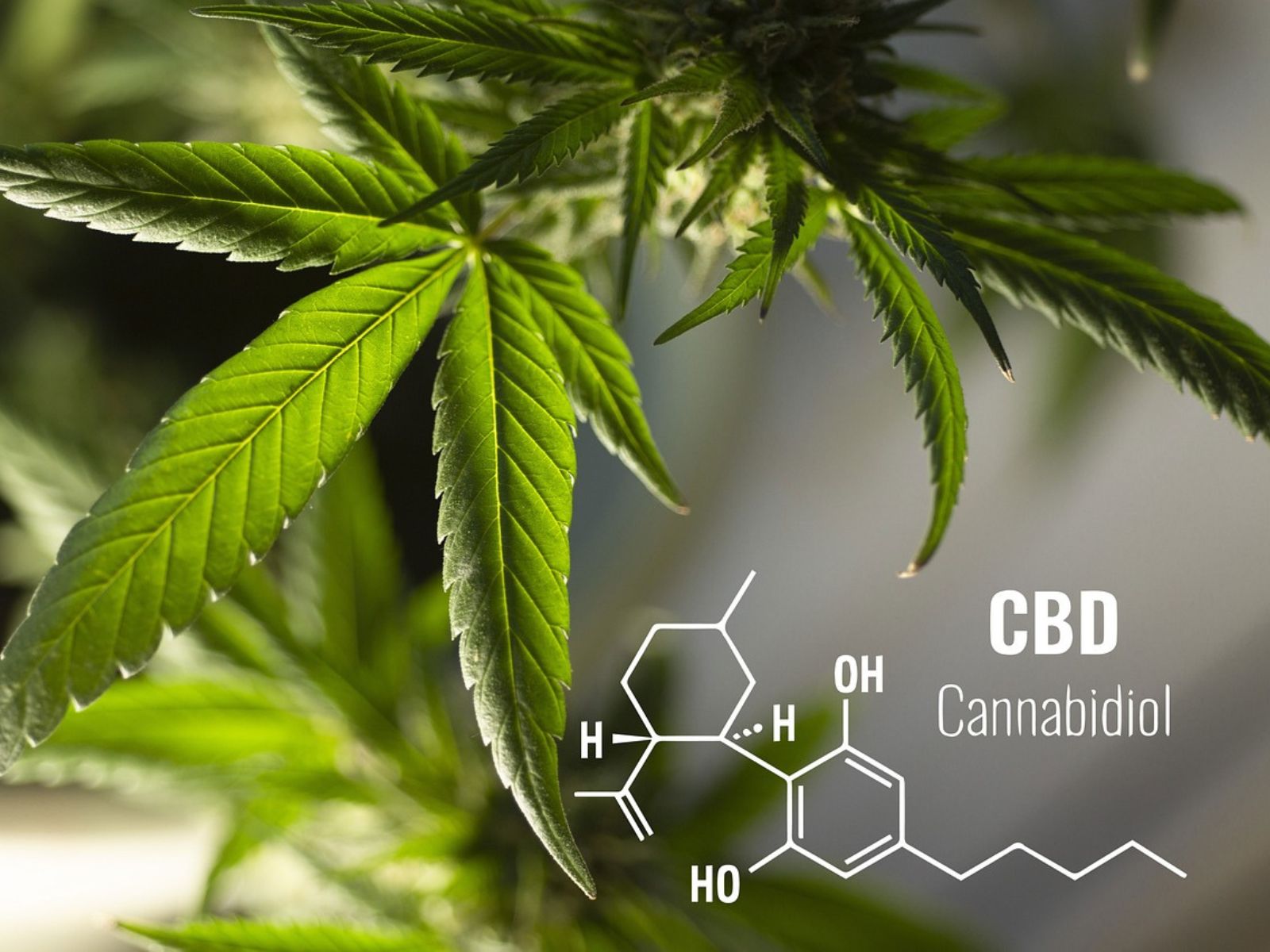
Researchers In Brazil Find That CBD Is Ineffective For Restless Legs Syndrome

Researchers In Brazil Find That CBD Is Ineffective For Restless Legs Syndrome
Restless leg syndrome may not sound like a serious condition, however, it can have a very negative impact on someone’s life that suffers from the condition. I know this firsthand, as I suffer from the condition.
The condition is characterized by ‘an unpleasant tickling or twitching sensation in the leg muscles when sitting or lying down, relieved only by moving the legs.’
It is estimated that as many as 10% of the global adult human population suffers from restless leg syndrome. It doesn’t seem to be known what ultimately causes the condition, although there are theories that it may be tied to fluctuating dopamine levels.
Whatever the cause, I can say from my own experience that restless leg syndrome is not only extremely annoying, it makes it nearly impossible to sleep at night. People that suffer from restless leg syndrome often also suffer from related insomnia.
Various treatments exist for restless leg syndrome, although there is no ‘one-size-fits-all’ treatment. What works for one person may not work for the next.
One form of treatment that I have followed closely is the use of CBD. I have had it recommended to me countless times, just to try it and not see any improvement. I wasn’t sure if it was just me, or if CBD was simply not an effective treatment.
Researchers in Brazil recently examined CBD and restless leg syndrome and found that it is an ineffective form of treatment. Below is more information about it via a news release from NORML:
Manaus, Brazil: The administration of oral doses of CBD is ineffective at reducing the severity of restless legs syndrome (RLS) in patients with Parkinson’s disease (PD) and REM sleep behavior disorder (RBD), according to clinical trial data published in the journal Cannabis and Cannabinoid Research.
Brazilian researchers compared the use of CBD versus a placebo over a 14-week period. Patients in the CBD arm of the trial received up to 300mgs of cannabidiol.
Patients who were administered CBD demonstrated no improvements compared to those receiving placebo.
“CBD showed no reduction in the severity of RLS manifestations in patients with PD and RBD,” authors concluded.
By contrast, a series of case reports published in 2020 and in 2017 reported that cannabis inhalation is associated with perceived efficacy in patients with refractory restless legs syndrome.
Full text of the study, “Cannabidiol for restless legs syndrome/Willis-Ekbom disease in Parkinson’s disease patients with REM sleep behavior disorder: A post hoc exploratory analysis of a phase 2/3 clinical trial,” appears in Cannabis and Cannabinoid Research.
Share article


Share article
Join Our Awesome Community
Join Our Awesome Community
Join Our Awesome
Community
Get all the latest industry news
delivered to your inbox







